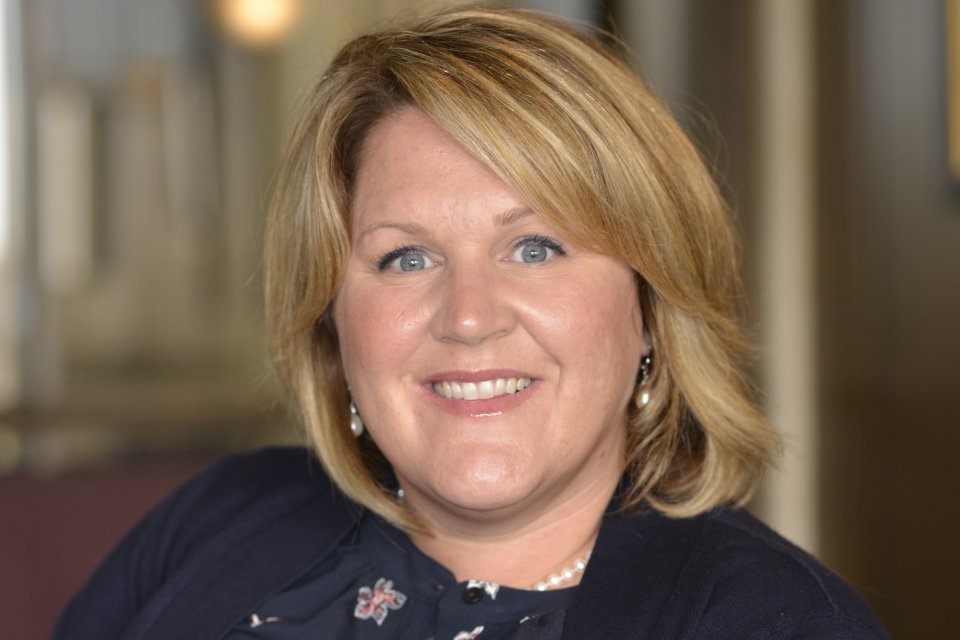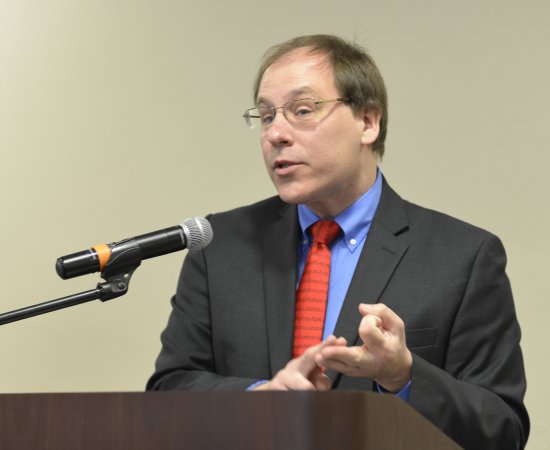
Lack of Resources drives nursing approach amid COVID-19

“Due to the lack of new knowledge, existing evidence, and lack of recommended resources, nurses have found themselves in uncharted waters as providers in the global healthcare system navigate the response to this disease."
A new article by Utica College Assistant Professor of Nursing Jennifer Klimek-Yingling hopes to shed light on the ways that a lack of resources during the first 6+ months of the COVID-19 pandemic forced nurses to make decisions based on the absence of those resources instead of being able to make them based on scientific evidence.
Titled “Rationing-Based Nursing Practice: Considering a Resource-Based Approach,” Dr. Klimek-Yingling’s piece appears in the Vol. 26, Issue 1 edition of The Online Journal of Issues in Nursing, a peer-reviewed online publication that addresses current topics affecting nursing practice, research, education, and the wider health care sector.
As Dr. Klimek-Yingling points out in the introduction, 2020 was designated the “Year of the Nurse and Midwife,” marking 200 years since the birth of Florence Nightingale, who while working on the front lines during the Crimean War, used evidence to make decisions that solidified her role as one of the first nurse researchers as well as one of the early disaster epidemiologists.
“The role of nurses has been highlighted and challenged significantly in the face of a novel coronavirus (COVID-19) pandemic that unfolded globally,” she explains. “Due to the lack of new knowledge, existing evidence, and lack of recommended resources, nurses have found themselves in uncharted waters as providers in the global healthcare system navigate the response to this disease. Unlike Nightingale, nurses on the front lines of the current COVID-19 pandemic it seems have been providing care not based on best evidence, but instead are making clinical nursing decisions based on available resources.”
The COVID-19 virus emerged in late 2019 in China and quickly spread throughout the world, thrusting nurses across the globe into a time of great uncertainty as they attempted to provide care amid a growing, worldwide pandemic. As Dr. Klimek-Yingling points out in the publication, the guidelines and treatment recommended from health organizations like the Centers for Disease Control and Prevention (CDC) and the World Health Organization (WHO) was changing rapidly, and at times, conflicted with each other and earlier information. Adding to that a shortage of personal proactive equipment (PPE), health guidance for medical care shifted, Dr. Klimek-Yingling explains, from evidence-based practice to resource-based.
“Misinformation or conjecture about the virus was broadcast on social media,” she points out. “Confirmation bias compounded the confusion as healthcare workers searched for information to confirm their own beliefs or disbeliefs about the virus. As the global healthcare community begins and continues to test for and collect data on the virus, evidence-based recommendations will start to emerge.”
To read Dr. Klimek-Yingling’s full “Rationing Evidence-Based Nursing Practice: Considering a Resource-Based Approach,” you do so at The Online Journal of Issues in Nursing:
More Stories


Utica University Opens New State-of-the-Art Cyber Range

Women’s Sports Receive More Primetime Broadcast Olympic Coverage Than Men’s Sports For The Sixth Olympiad In A Row, Seventh Overall
I would like to see logins and resources for:
For a general list of frequently used logins, you can also visit our logins page.
